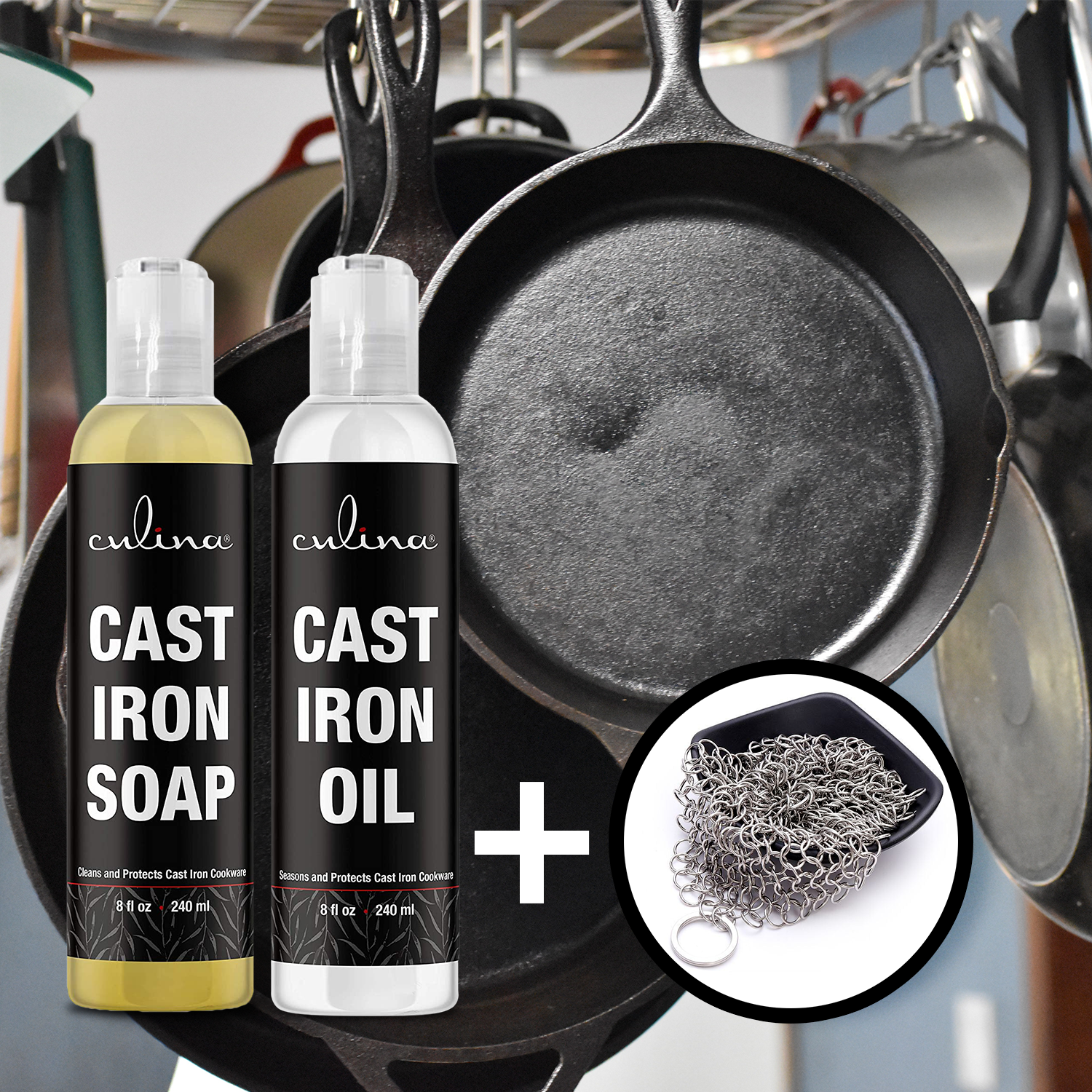Have you ever wondered what happens if you eat expired sesame oil? Many of us have glanced at that nearly-empty bottle in our pantry and pondered whether it's still safe to use. This is a crucial concern, especially for kitchen professionals who frequently work with a variety of oils. Let's dive into the essential details.

Understanding the Shelf Life of Sesame Oil
First, it's essential to understand the shelf life of sesame oil. Typically, sesame oil can last between 1 to 2 years if stored properly. Several factors can influence this duration.
- Storage conditions: Sesame oil should be stored in a cool, dark place, away from heat and light sources.
- Packaging: Oils stored in airtight, dark bottles are less likely to spoil quickly.

Signs That Sesame Oil Has Gone Bad
It's crucial to identify if your sesame oil has gone bad before using it. Here are some tell-tale signs:
Smell
Fresh sesame oil has a nutty, pleasant aroma. If it smells rancid or sour, it has likely expired.
Appearance
Check for any discoloration. Fresh sesame oil typically has a light golden color. If you notice a cloudy appearance or sediment, it's best not to use it.
Taste
While taste testing isn't ideal, expired sesame oil will have a bitter or off taste. If in doubt, it's safer to discard it.

Health Risks of Consuming Expired Sesame Oil
Eating expired sesame oil poses several health risks:
Stomach Issues
Consuming rancid oil can lead to digestive problems such as stomach cramps, nausea, and diarrhea. These symptoms can be particularly severe for sensitive individuals.
Oxidative Stress
Expired sesame oil contains free radicals, which can cause oxidative stress in the body. This can lead to cell damage, increasing the risk of chronic diseases.
Allergic Reactions
There is also a small risk of allergic reactions, especially if mold or bacteria have begun to grow in the expired oil. Symptoms may include hives, itching, or difficulty breathing.

What to Do If You've Consumed Expired Sesame Oil
If you realize you've consumed expired sesame oil, don't panic. Here are a few steps you can take:
- Stay Hydrated: Drink plenty of water to help flush out your system.
- Monitor Symptoms: Pay attention to any adverse reactions such as stomach pain or allergic symptoms. If symptoms persist, consult a healthcare professional.
Preventing Sesame Oil from Expiring
Prevention is always better than cure. Follow these tips to keep your sesame oil fresh:
- Proper Storage: Keep your sesame oil in a cool, dark place. A pantry or refrigerator is ideal.
- Airtight Containers: Ensure the bottle is tightly sealed to prevent oxidation.
- Buy Smaller Quantities: Purchase smaller bottles if you don't use sesame oil frequently.
Alternative Uses for Expired Sesame Oil
If you find that your sesame oil has expired, you don't necessarily have to throw it away. Here are some alternative uses:
- DIY Skincare: Expired sesame oil can be used in homemade scrubs and moisturizers.
- Wood Polish: Use it to shine up wooden furniture.
- Composting: While not suitable for consumption, expired oil can be added to your compost pile.
Frequently Asked Questions
Can you get food poisoning from expired sesame oil?
While it's unlikely to get food poisoning from expired sesame oil, consuming it can cause stomach issues and other health concerns.
How can you tell if sesame oil is rancid?
Rancid sesame oil will have a strong, sour smell and a bitter taste. It may also look cloudy or discolored.
Is it safe to use expired sesame oil for frying?
No, it's not safe to use expired sesame oil for frying or any other cooking purposes.
How long does sesame oil last once opened?
Once opened, sesame oil typically lasts for about six months when stored properly.
Can you freeze sesame oil to extend its shelf life?
Freezing sesame oil is not recommended as it can alter its texture and flavor. It's best to store it in a cool, dark place.
For further insights on maintaining kitchen safety, you can also read up on cleaning kitchen tiles and safe food handling tips. If you want more information on the shelf life of various cooking oils, you can visit WebMD.
As an Amazon Associate, I earn from qualifying purchases.






Leave a comment
This site is protected by hCaptcha and the hCaptcha Privacy Policy and Terms of Service apply.